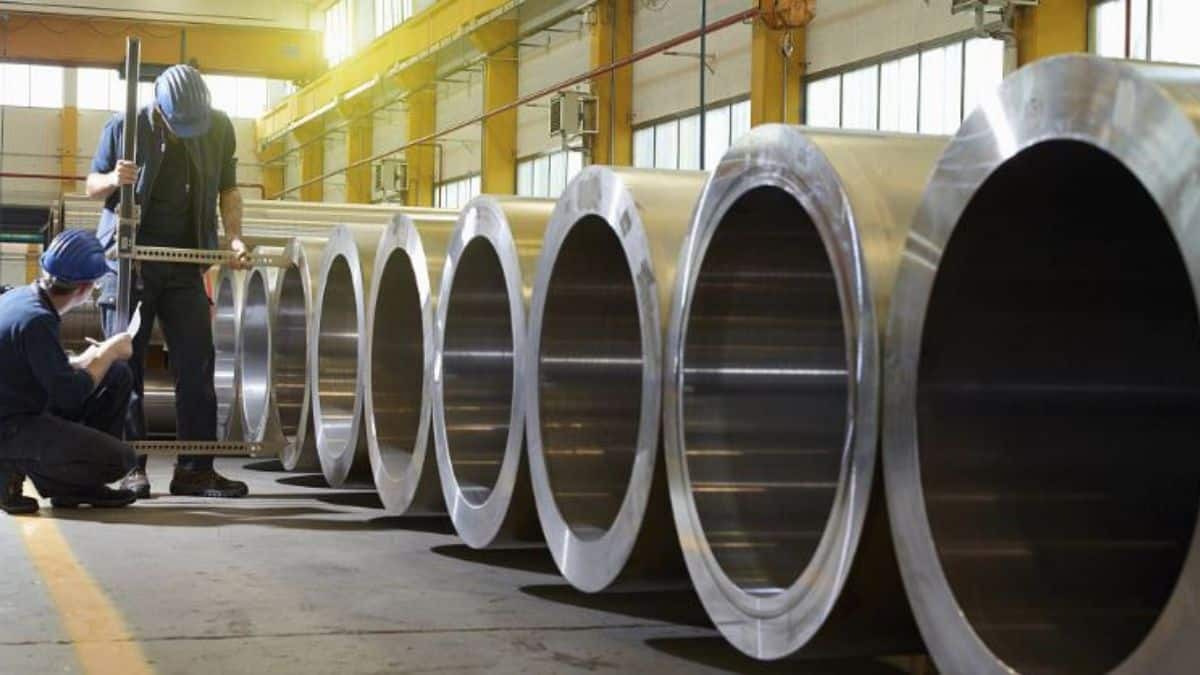According to official data released by China’s statistical authorities, the majority of capital goods experienced a surge in prices during early May compared to late April. This uptick in prices signals potential inflationary pressures within the Chinese economy, prompting scrutiny and analysis from economists and policymakers.
The price increases in capital goods, which are used in the production of other goods and services, are significant indicators of overall economic activity and inflationary trends. Rising prices for capital goods can impact production costs for businesses, leading to higher consumer prices and potentially affecting overall economic growth.
The uptick in prices for capital goods comes at a time when China is facing various economic challenges, including slowing growth, supply chain disruptions, and rising commodity prices. These factors have contributed to concerns about inflation and its potential impact on the broader economy. Economists and analysts are closely monitoring developments in China’s economy, particularly in light of the country’s central role in global trade and supply chains. Any significant shifts in Chinese economic indicators can have ripple effects on the global economy, affecting trade, investment, and market sentiment worldwide.
While the increase in prices for capital goods may raise concerns about inflationary pressures, it also reflects growing demand and investment activity within China. As the country continues to recover from the impact of the COVID-19 pandemic, policymakers are seeking to support economic growth while managing inflationary risks. Chinese authorities may consider implementing measures to address inflationary pressures and support economic stability.

